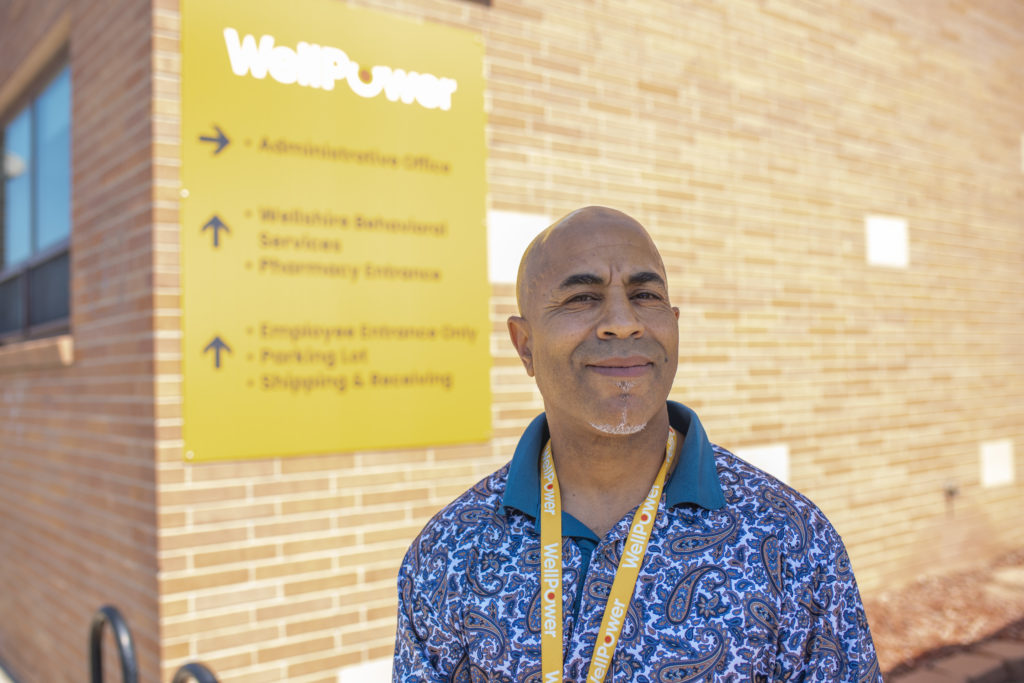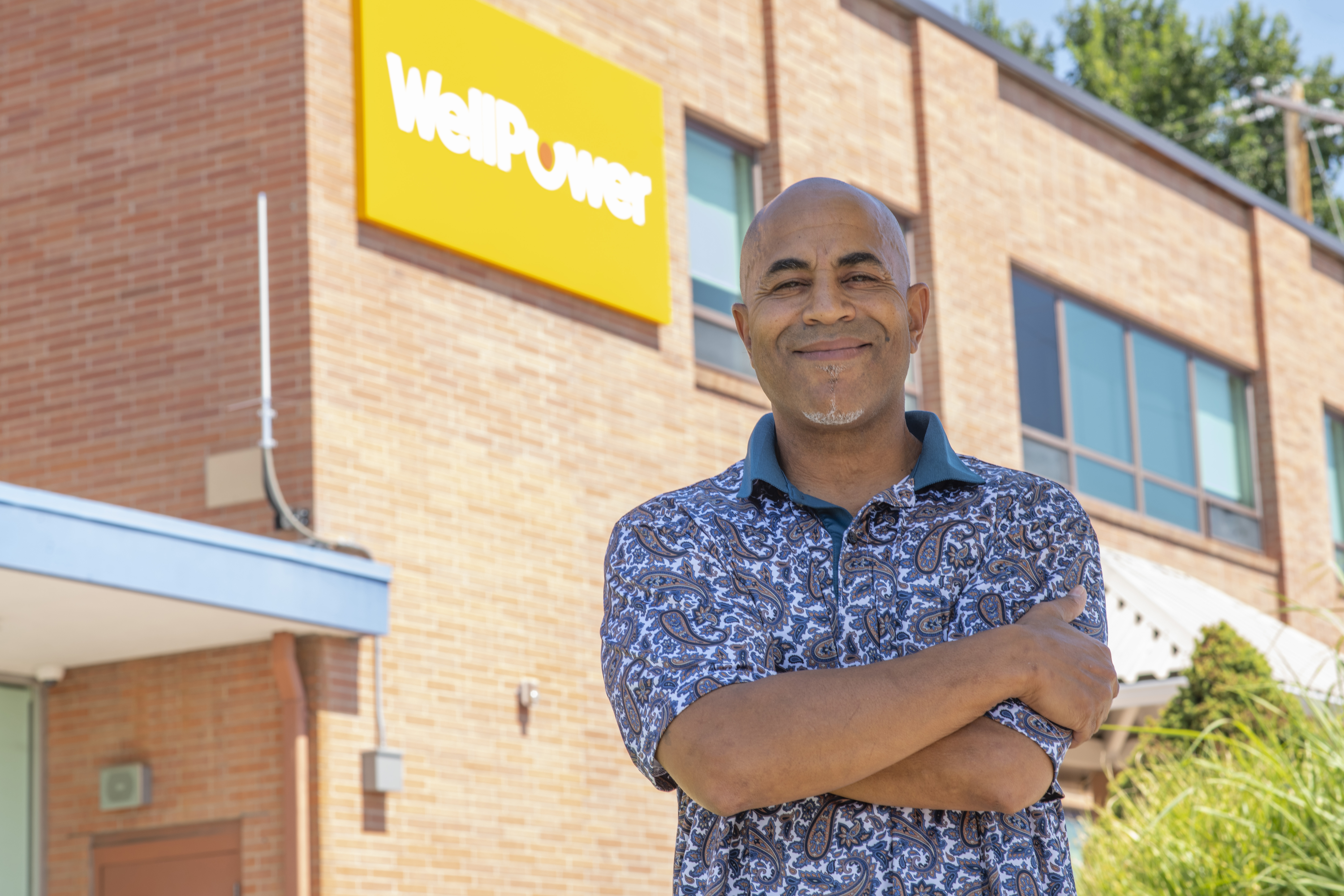After surviving 20 years in prison and attempted suicide, Marchell now focuses his work on suicide prevention for others
View this post in ASL in a new tab or scroll to the bottom to view on this page.
September is National Suicide Prevention Awareness Month
Studies have shown that most people who died by suicide saw a health care provider in the year prior to their deaths. In 2017 Colorado began work on a statewide Zero Suicide strategy across the entire healthcare system — especially important as we rank 7th in the nation for suicide deaths.
Zero Suicide is a transformational framework for safety and quality improvement in behavioral and health care systems. It is made up of seven principles that are best-practice and evidence-based protocols for suicide prevention, and it is up to each organization to implement them in their own unique way.
As a community mental health center (CMHC) we serve people who have severe and persistent mental illness. Of the more than 12,000 individuals who are currently in services with WellPower, 23% have reported suicidal thoughts or an attempted suicide at least one time while in treatment.
At WellPower, we are dedicated to Zero Suicide and have rolled out a number of key initiatives since the program’s inception in 2017:
Suicide Prevention Pathway
- Individuals who are experiencing acute suicidality are placed on the Suicide Prevention Pathway (SPP) and given specific clinical protocols designed to maintain close monitoring through standardized assessments.
Lethal Means Counseling
- WellPower clinicians are trained in a model called CALM: Counseling on Access to Lethal Means which is designed to help coach someone in securing their lethal means (items that may be used in a suicide) and ride the waves of distress that they may feel over days, weeks, months or longer so that they won’t act on that urge.
Enhancements to Electronic Health Records
- Enhancements were made to our electronic health records (EHR) to provide clinicians a more comprehensive dashboard to monitor an individual’s status over time.
All Staff are Trained in Suicide Prevention
- Mental Health First Aid and the Zero Suicide training are required within the first few months of employment and a refresher course is required every two years, for both clinical and non-clinical staff at WellPower.
Peer Specialist as a Caring Contact
This year, Zero Suicide at WellPower added a peer specialist who serves as a caring contact for people who are in transition – those who are on the SPP and in the hospital or those who are leaving the hospital.
A caring contact can be just what a person needs to ride the wave of suicidal ideation without acting on it. It takes a median of 56 days before people we serve typically report no longer feeling symptoms of suicide, according to WellPower data.
“I reach out to the individuals who have been placed on our hospital list and let them know that we care for them,” said Marchell Taylor, peer specialist for Zero Suicide. “I let them know that we are here for them, and I find out if they are in a safe and healthy place”
“When I talk to people, one of the first things I let them know is that I am inspired by them – that they are a survivor and that inspires me to keep going,” commented Taylor. “I let them know a little about myself, that I had a suicide attempt six years ago after spending more than 20 years in prison.”

Taylor would have been in prison for the rest of his life if someone had not intervened and diagnosed him with a traumatic brain injury that blocked his ability to think rationally, reason and use good judgment.
While he is specifically passionate about working to help other inmates get the help they need, he is an invaluable Zero Suicide team member because of his lived experience and passion to thrive in recovery.
WellPower will continue to implement the Zero Suicide principles and apply a data-driven quality improvement approach to inform new initiatives. As a result, we will strengthen a suicide prevention culture within the organization and in the larger metro area community so that people we serve, our staff, their family, friends and the larger community do not have to experience suicide attempts and suicide deaths.


